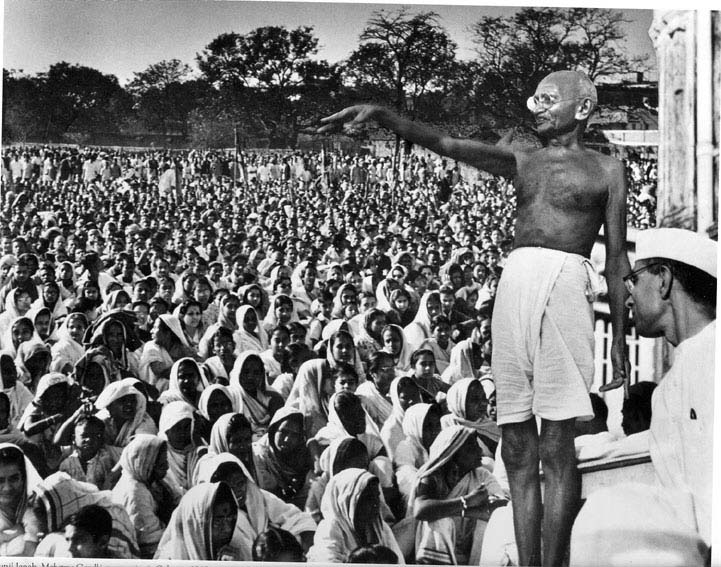The Necessity of Civil Disobedience
Cooper and Miller, supported by the New York Times (and probably Time magazine, as opposed to Time Inc.), argue that the subpoena requiring them to reveal their confidential sources is unjust. Therefore, in the spirit of civil disobedience, they chose to defy the law and to suffer incarceration.
Of course, the full extension of this reasoning, as Michael Kinsley explains, means that “almost any law anyone does not care for is up for grabs”: “In societies that are not democracies or lack a legitimate judicial system, nonviolent civil disobedience is an admirably restrained method of attempting political change. In societies where laws are democratically enacted and fairly enforced, for the most part, purposely breaking them needs to be justified by some enormous injustice.”
Kinsley is right that civil disobedience should derive from an “enormous injustice.” Yet there are myriad laws with which we each disagree, and to say that only some merit defiance is not for Kinsley to decree, but for each individual to decide by his own lights—so long as he is willing to face the consequences.
Indeed, what counts as an “enormous injustice”? Surely we can agree that conscription and war qualify. But what about sodomy laws? Eminent domain? Denial of service at a private restaurant because you’re black?
Instead of trying to answer these questions collectively, why not use a straightforward criterion: if one deeply believes that a particular law is deeply immoral, then one should nonviolently fight against it. After all, we should follow the law less because it’s the law than because we believe it’s right.
Does this lead to anarchy? I don’t think so, because if a society is strong enough, is just enough, it will withstand trivial acts of disobedience and rectify those that need rectifying.
Therefore, in her refusal to compromise her principles, I stand with Judy Miller.


Scholars “use an intellectual scalpel…